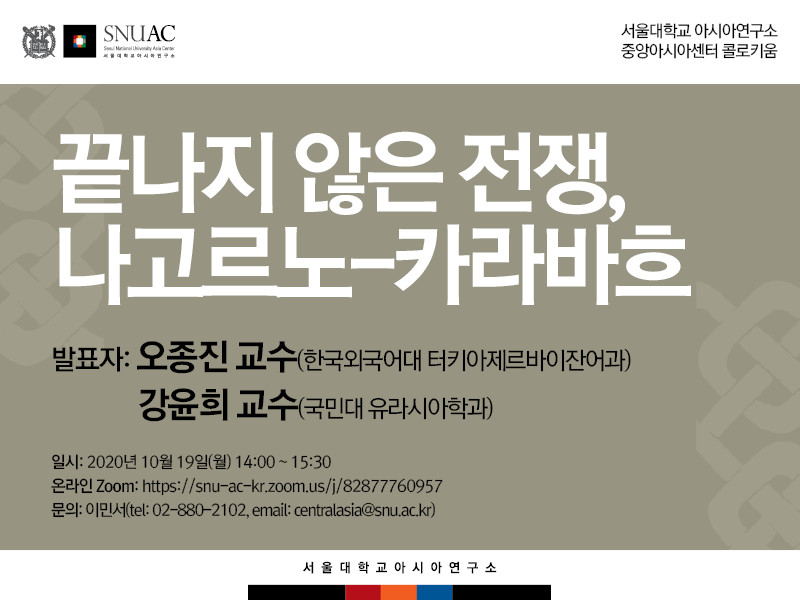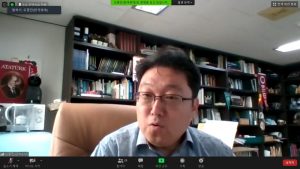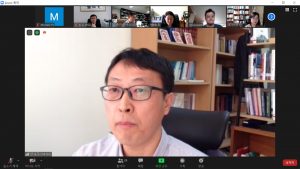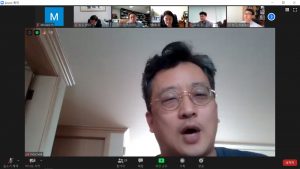An Unfinished War in Nagorno – Karabakh
- Date: October 19th, Monday, 2020 14:00 – 15:30
- Online colloquium via Zoom
The physical conflict between Azerbaijan and Armenia was resumed over the Nagorno – Karabakh region in late September. Through this seminar, we seek to examine the stance of each country upon recommending the war and what kind of geopolitical significance this war holds.
Presenters
- Chongjin Oh (Prof., Department of Turkish-Azerbaijani, Hankuk University of Foreign Studies)
- Yoon Hee Kang (Prof., Department of Eurasian Studies, Kookmin University)
Discussants
- Seung Jo Yang (Prof., Institute of Humanities, Soongsil University)
- Jae-Won Jeong (Prof., Department of Eurasian Studies, Kookmin University)
Zoom URL: https://snu-ac-kr.zoom.us/j/82877760957
Prof. Chongjin Oh received his Ph.D. in international relations from Bilkent University in Turkey and currently works as a professor at the Department of Turkish-Azerbaijani, Hankuk University of Foreign Studies.
Prof. Yoon Hee Kang received her Ph.D. in Russian regional studies from the University of Glasgow in the UK, and currently works as a professor at the Department of Eurasian Studies, Kookmin University.
SNUAC Center for Eurasian and Central Asian Studies (CECAS) held a colloquium to enhance critical understanding of the conflict between Azerbaijan and Armenia over the Nagorno – Karabakh region that resumed at the end of last September by examining the position of each side. The first presenter, Prof. Chongjin Oh (HUFS), explained the overall geopolitical situation of the Caucasus, where both states belong, and the positions of neighboring countries and the international society, then discussed Azerbaijan’s position in the conflict. The second presenter, Prof. Yoon Hee Kang (Kookmin Univ.) gave an in-depth explanation of Armenian history and discussed the conflict from Armenia’s side. A discussion followed, with comments from Prof. Seung Jo Yang and Prof. Jae-Won Jeong. The discussants raised the necessity to examine not only the historical factors but also the factors of neighboring countries and domestic politics, thus providing diverse perspectives to understand the conflict. After presentations and discussions, the event was concluded with comments from the participants.





